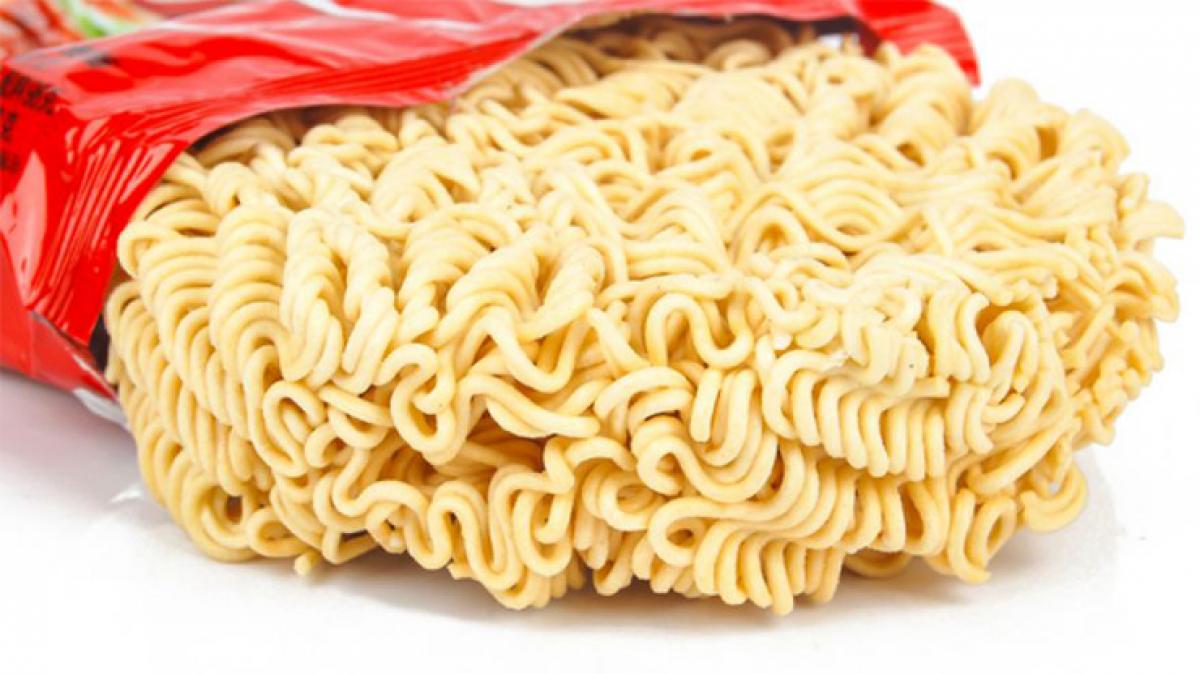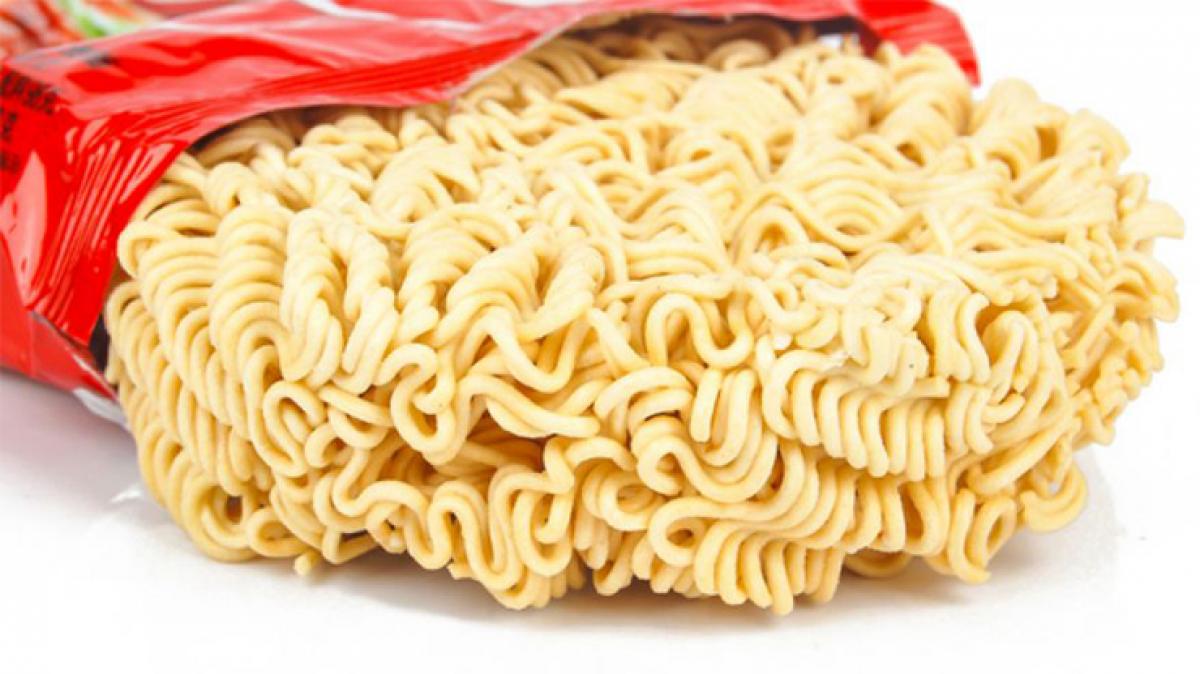A sneak-peek into snacks

The Maggie controversy has forced all consumers of the famous two-minute snack to stop and rethink the instant food culture that has made their otherwise fast-paced lives a little easier to bear. Popping open a packet of Maggie for a quick bite has enabled many Maggie-lovers to opt for a detour from elaborate but healthy meal courses required for adults and more importantly children.
The latest controversy of Maggie is only the tip of the iceberg that is the junk food industry
The Maggie controversy has forced all consumers of the famous two-minute snack to stop and rethink the instant food culture that has made their otherwise fast-paced lives a little easier to bear. Popping open a packet of Maggie for a quick bite has enabled many Maggie-lovers to opt for a detour from elaborate but healthy meal courses required for adults and more importantly children.
Maggie has earned the average parent’s trust. Many parents use the snack almost as a pacifier for older children. But the news of Maggie containing harmful MSGs (monosodium glutamate) and lead seven times more than permitted amounts has made everyone bypass the two-minute noodle shelf to unfortunately reach out for equally unhealthy snacks.

The Maggie controversy is not an isolated case of Nestle’s wrongdoings but also a symptom of a much larger malaise that we refuse to address. According to the Centre of Science and Environment, New Delhi, Junk food consumption in India is growing at an alarming rate of 35 to 40 per cent annually. Since junk foods have been slyly slipped under the category of propriety foods, the government is not obligated to regulate them or check the veracity of the claims made by companies that produce them.
As a result, consumers fail to estimate the repercussions of the choices they make. Junk food is that which does not take much time to prepare. It is often high in fat, salt, sugar and calories. Most of such foods contain trans-fats that clog arteries and cause accumulation of plaque in the body. But these unpalatable facts are often hidden behind glossy wrappers and colors of the foods.
Many are unaware of the norms companies like Haldiram and Top Ramen blatantly flout to be able to park their products in supermarket shelves. Most of the brands also have misleading claims printed on their packages. Ones like Bingo, Lays, Haldirams and Sunfeast claim that their products have zero-trans fats. But studies have found these claims to be far away from the truth.
Today, Maggie’s betrayal has left many food-lovers heart-broken, most of whom are still keeping fingers crossed for lab results vindicating the brand they are still loyal to. But it is important for these brand-loyalists and consumers to understand what goes into their food.
The target demographic of these snacks is children and youth, whose are beginning to show symptoms of deteriorating health and obesity far sooner than their ancestors had. It is time to take stock of the loaded supermarket trolley and ruthlessly eliminate these sinful delicacies- the operative word here being sinful.
POTATO FRIES
Fries that one eats with burger and soft drink are laden with fats: 20 per cent of its weight is fats, 1.6 per cent of its weight is trans fats. By eating a large serving (220 gm), one excee ds the safe limit for trans fats. Additional trans fats come from the accompanying burger too.
INSTANT NOODLES
The “tasty and healthy” meal comes with high salt, empty calories. A packet of noodle has around 3 gm of salt; recommended intake is 6 gm/day. Addition of vitamins, as claimed by Maggie Noodles, doesn’t make it a healthy food as it has negligible fibres; 70 per cent of it is just carbohydrates.
INSTANT NOODLES
The “tasty and healthy” meal comes with high salt, empty calories. A packet of noodle has around 3 gm of salt; recommended intake is 6 gm/day. Addition of vitamins, as claimed by Maggie Noodles, doesn’t make it a healthy food as it has negligible fibres; 70 per cent of it is just carbohydrates.
Matter of ‘Fat’ly
FRIED POTATO CHIPS It has around 33 per cent fats. This means if one munches a standard-sized packet of chips (65-75gm), he or she consumes about half of the daily fats quota. Unlike in a balanced diet, where a maximum of 30 per cent of calories should come from fats, 50-60 per cent of calories come from fats in chips.
Source: cseindia

















